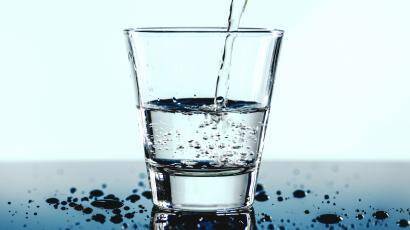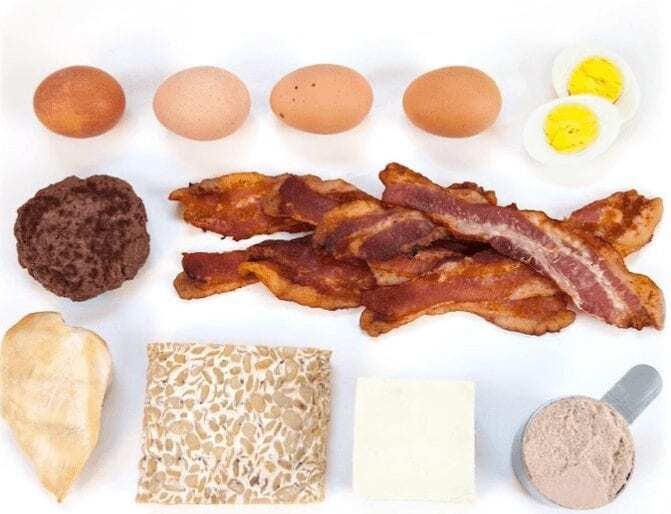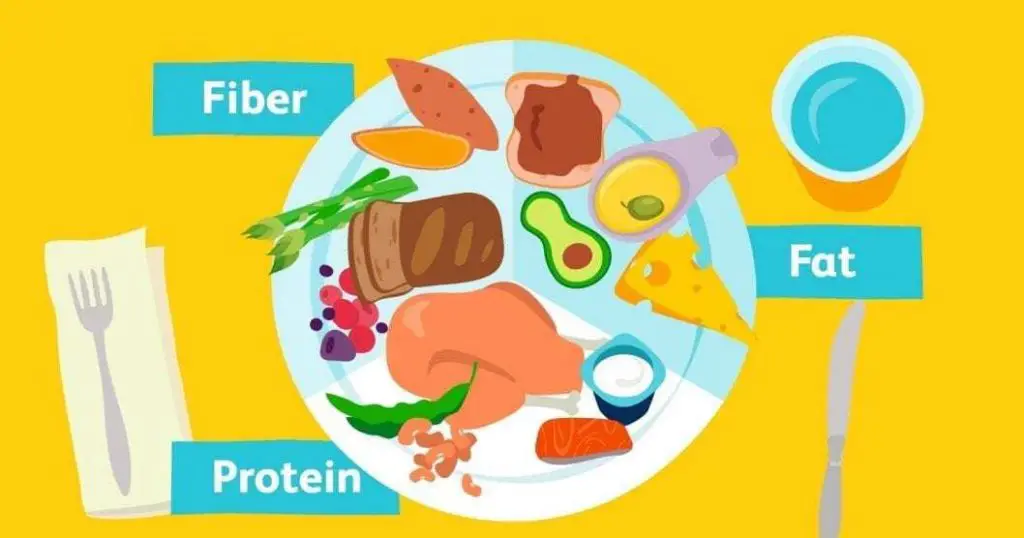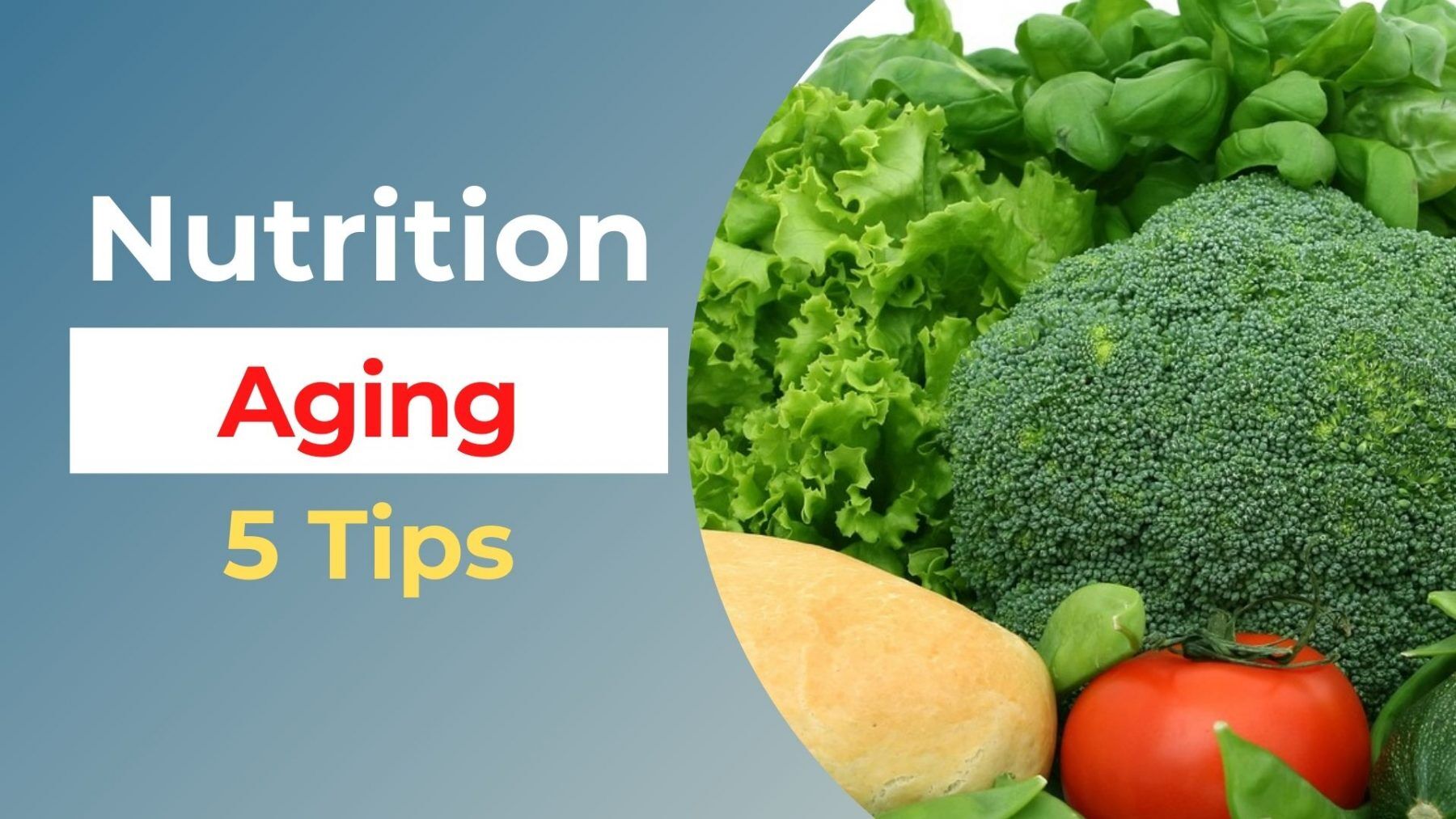Managing your nutrition while aging to maintain proper health is always tricky.
For a number of different biological reasons, we tend to have more trouble benefiting from nutrients the older we get — which is one reason malnutrition is actually a surprisingly prevalent health problem today.
The Conversation dug into some of the data on the issue, and determined that people over 65 are particularly likely to be malnourished.
While this problem does appear to be getting worse, the good news is it’s one that we can all address!
Doing so simply requires a little bit of discipline in the monitoring and management of nutrition as we age.
To that end, we have some health and nutrition while aging tips that can help you to stay healthy and avoid malnourishment as you grow older.
1. Use Your Healthcare

What we mean by this is that it’s important to take advantage of the healthcare that’s offered to you once you become a senior.
This typically means Medicare, and while this program can seem complicated, with multiple different packages and plan variations, it’s actually quite easy to sign up for.
Kelsey Care Advantage does a nice job of concisely listing differences between plans, as well as conveying that a simple phone call or online enrollment can get you started.
The benefit of doing so, with regard to nutrition, is that you’ll gain access to regular, affordable check-ups.
This in turn means that a doctor can help you to monitor nutrient intake, as well as spot and address any potential deficiencies.
2. Hydrate

It sounds too obvious to recommend something as fundamental as hydration. However, it’s actually a reminder a lot of aging adults would do well to heed.
Healthline does a good job of explaining why, citing studies clarifying that older adults need more water in order to regulate body temperature and stave off health problems.
There is also strong evidence, meanwhile, that we are less inclined to get naturally thirsty the older we get. All of this means you may need more water than you realize in your older years.
And if you’re not getting enough, your body will not be as efficient at breaking down waste and absorbing nutrients.
Being dehydrated is also one of the main causes of chapped lips.
3. Seek Out Protein

We aren’t getting into too many specific nutritional needs here, because different people have different needs according to diet.
That said, it’s established that as we age, our need for protein can increase.
The body naturally loses muscle mass (often beginning in our 30s!).
To help offset the effects we recommend you focus on lean protein.. This can help you to avoid problematic health conditions — as well as a lack of energy.
4. Seek Out Fiber

As with protein, fiber is a nutrient that most every aging adult can benefit from. Regardless of dietary habits or specific needs.
Simply put, our digestive systems can get a little less efficient as we grow older. A healthy intake of fiber can mitigate the effects.
By eating the proper amount of fiber on a consistent basis, your body will break down waste more completely. By doing so you’ll avoid certain unpleasant issues such as chronic constipation.
5. Think Nutrients, Not Calories

Regardless of age, it’s always a good idea to think about which foods are most nutritious.
This is one reason why you’ve seen other articles here such as “7 Powerful Superfoods You Never Heard Of” — to highlight some things you can eat to take in healthy nutrients.
While such foods are always healthy though, it becomes all the more important to focus on nutrients as a measure of health as you age.
Many of us tend to judge our diets first and foremost by calories, which in many respects is not a good way to monitor health.
By ensuring that you’re getting the right kind and quantity of nutrition while aging in your diet though, you will in fact be more likely to maintain good health!
Final Thoughts
It’s not always easy to balance a diet, and it can get all the more difficult with age.
By making just a few strategic decisions about your nutrition while aging, however — and developing a few healthy habits — you can ensure that you have a good nutrition routine that will sustain you as you age.




